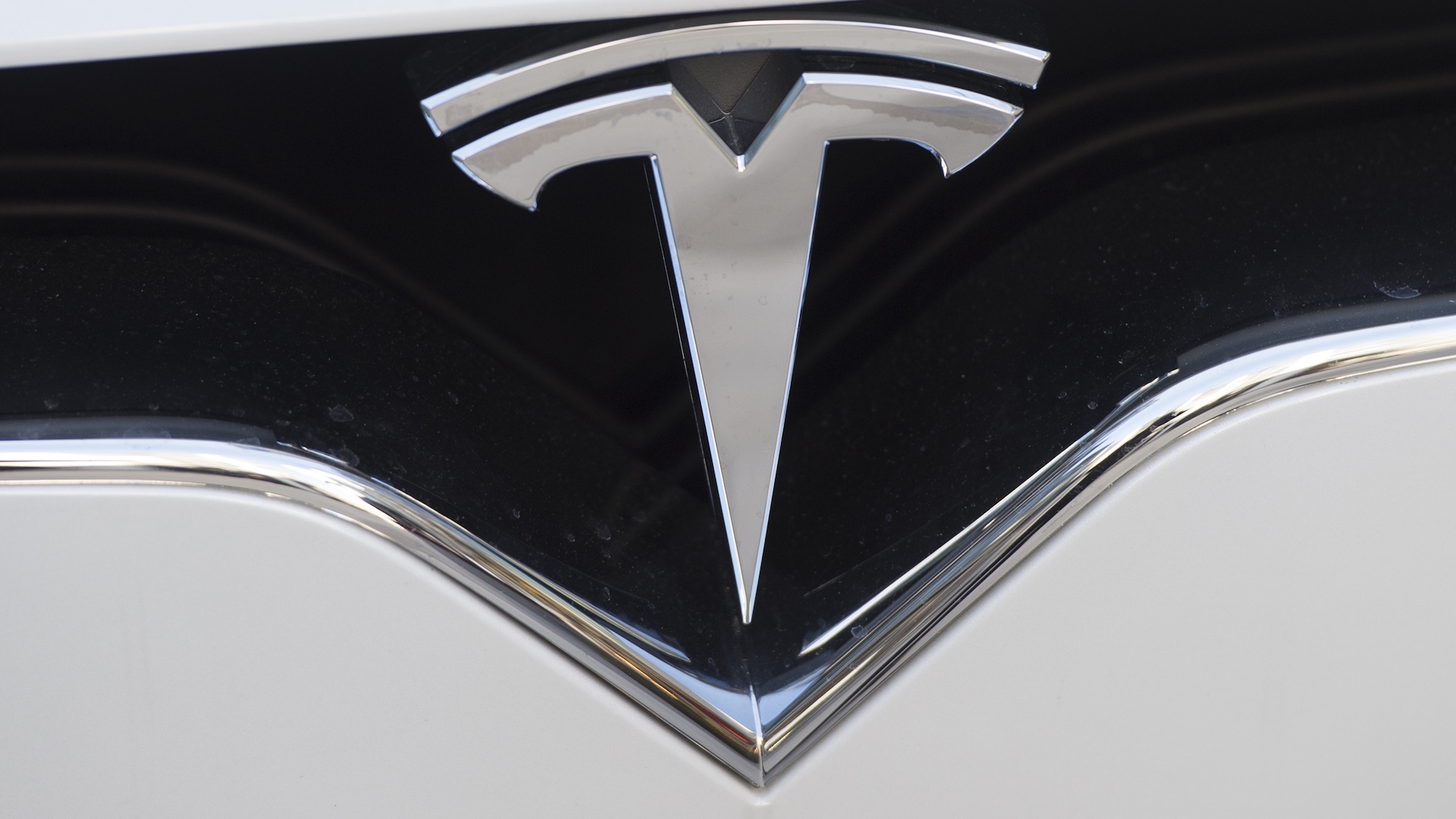

Regulators with the U.S. National Highway Traffic Safety Administration shuttered a six-month investigation digging into the operations of Tesla’s semi-autonomous Autopilot functions without issuing a recall Thursday.
The investigation was opened on June 28th after 40-year-old Joshua Brown was killed inside of his Tesla Model S on May 7th when his car drove directly into the side of a tractor-trailer at 74 miles per hour in a 65-mph speed zone on a highway in Williston, Florida. Data collected from the wrecked car showed that its Traffic-Aware Cruise Control and Autosteer lane-keeping self-driving functions were in use at the time of impact, and no efforts were made by the driver or the car to slow down or avoid the crash.
In a statement released with the closed investigation, the NHTSA said that it did not find any evidence of a defect that would require Tesla to issue a safety recall of its cars. The report noted that Tesla’s Automatic Emergency Braking technology is “not designed to reliably perform in all crash modes, including crossing path collisions.”
In a blog post on Tesla’s website following the accident, the company wrote that the Autopilot system couldn’t see “the white side of the tractor trailer against a brightly lit sky, so the brake was not applied.”
Tesla CEO Elon Musk took to Twitter Thursday to share the NHTSA’s findings.
After the Florida crash came to light, several other close-call incidents and crashes that were allegedly caused by the self-driving software found their way to the Internet. In September, Tesla unveiled several updates to its semi-autonomous Autopilot software that could potentially help curtail distracted driving when the system is engaged.
The full report from the NHTSA can be found here.